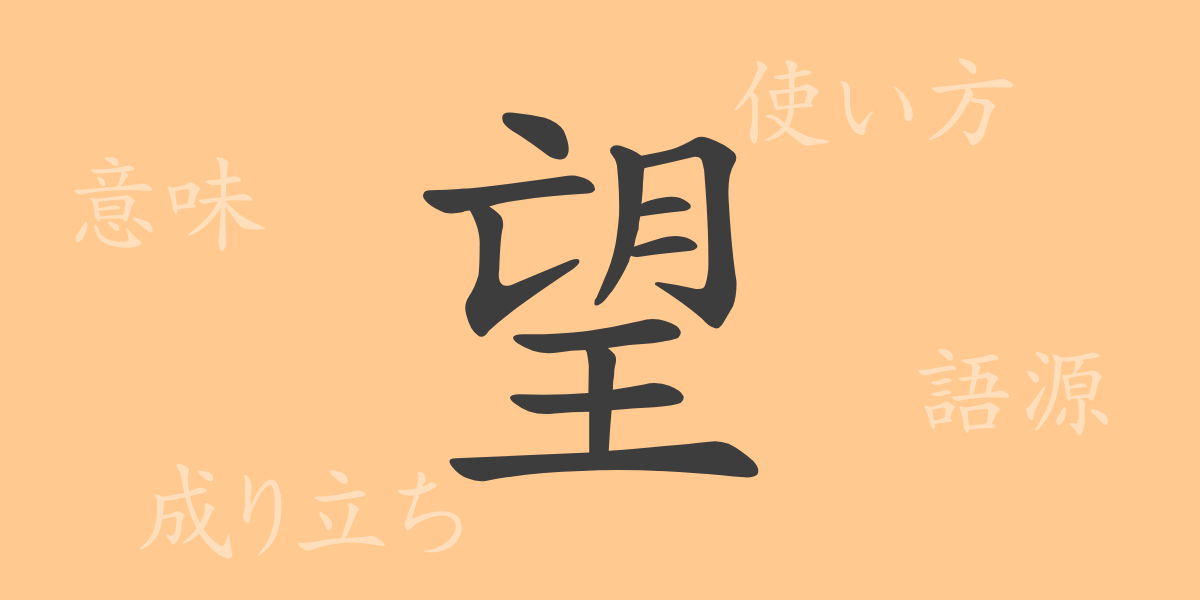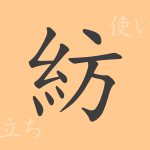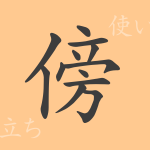The meaning of a single kanji character is deeply rooted in its form and history. The common-use kanji in Japan, “望” (ぼう, bou), is no exception. Let’s explore the rich meanings, usages, and evolution of this character from its etymology to its modern-day role in our language and culture.
The Origin of 望 (Etymology)
The character “望” (ぼう, bou) is composed of “月” (つき, tsuki), which means moon, and “亡” (ぼう, bou), which means a tool for looking into the distance, originating in ancient China. Initially, it derived the meaning of looking at the moon, and later it evolved to mean looking into the distance or expecting something. Over time, it came to be used to express broader desires such as hope and aspiration.
The Meaning and Usage of 望
The kanji “望” (ぼう, bou) carries meanings such as “to look into the distance,” “to expect,” and “to wish.” These meanings are used in various contexts, including daily conversations, literature, and business. For example, it is used to express strong intentions towards goals or wishes, as in “希望を持つ” (きぼうをもつ, kibou o motsu) meaning “to have hope,” or “成功を望む” (せいこうをのぞむ, seikou o nozomu) meaning “to wish for success.”
The Reading, Stroke Count, and Radical of 望
“望” (ぼう, bou) is a fundamental kanji in Japanese, and its usage is diverse.
- Reading: The on’yomi (音読み, Chinese reading) is “ボウ” (ぼう, bou), and the kun’yomi (訓読み, Japanese reading) is “のぞ・む” (のぞむ, nozomu)
- Stroke Count: 望 (ぼう, bou) consists of a total of 11 strokes
- Radical: The radical of 望 (ぼう, bou) is “月” (つき, tsuki)
Idioms, Proverbs, and Phrases Using 望
Idioms, proverbs, and phrases that include “望” (ぼう, bou) play an important role in Japanese. For instance, “希望” (きぼう, kibou) means “hope” or “expectation,” and “絶望” (ぜつぼう, zetsubou) means “despair,” expressing a range of emotions. “望遠鏡” (ぼうえんきょう, bouenkyou) literally means “a tool for looking into the distance,” referring to a telescope. The proverb “遠くの望みは近くの実を失う” (とおくののぞみはちかくのじつをうしなう, tooku no nozomi wa chikaku no jitsu o ushinau) teaches the lesson that “chasing after distant, unattainable things can cause you to lose sight of important things nearby.”
Summary of 望
The kanji “望” (ぼう, bou) holds many meanings derived from its form and origin. Evolving from ancient pictographs, it is still used in modern Japanese to express positive sentiments such as hope, dreams, and outlooks. In both daily life and the business world, “望” (ぼう, bou) symbolizes our desires and goals, making it an essential character in our language.
“`

























